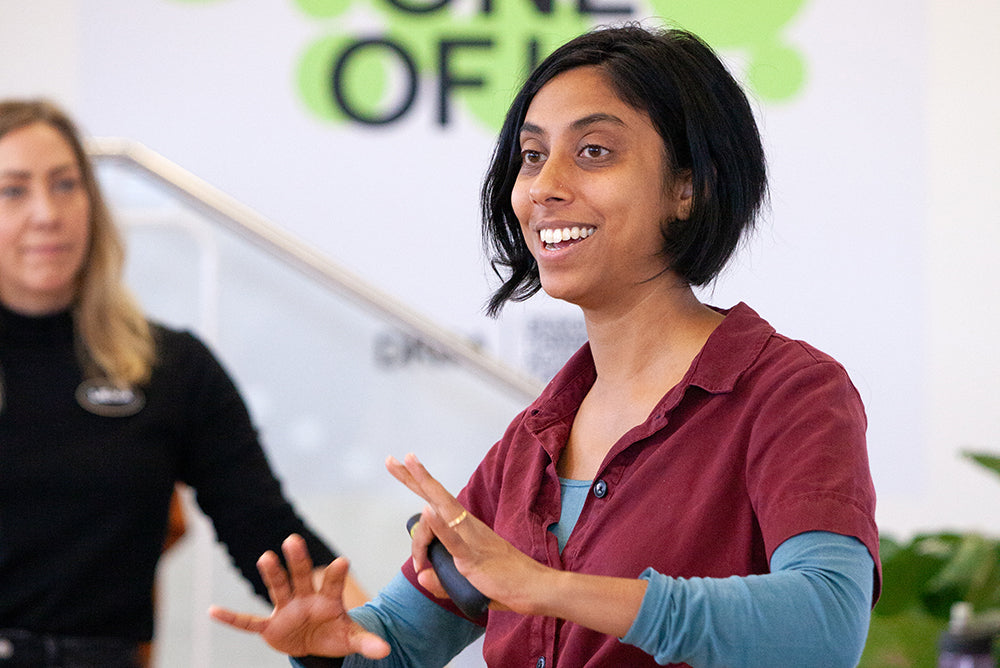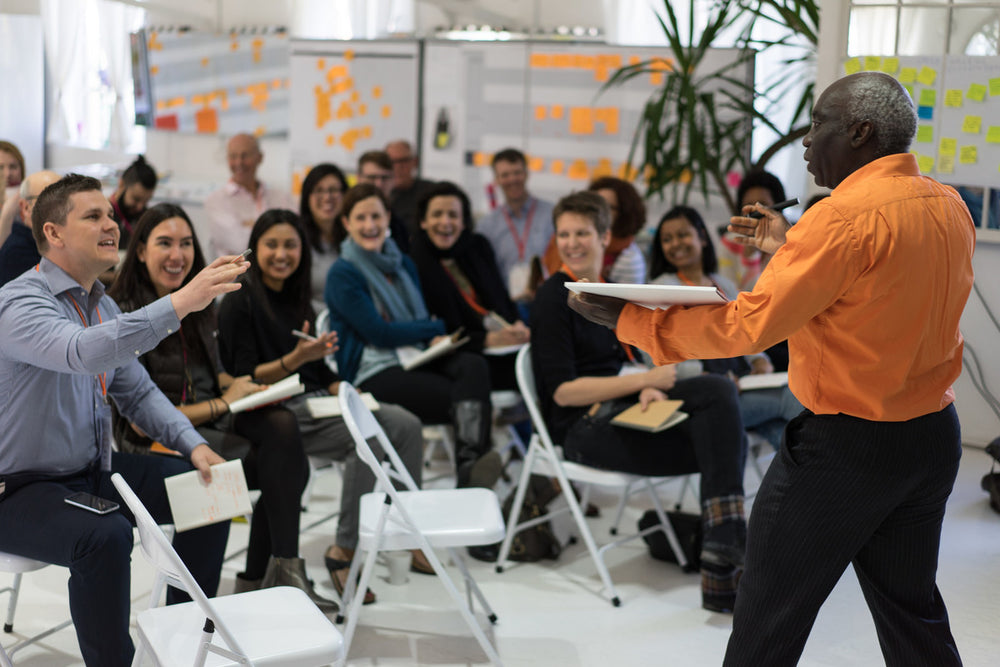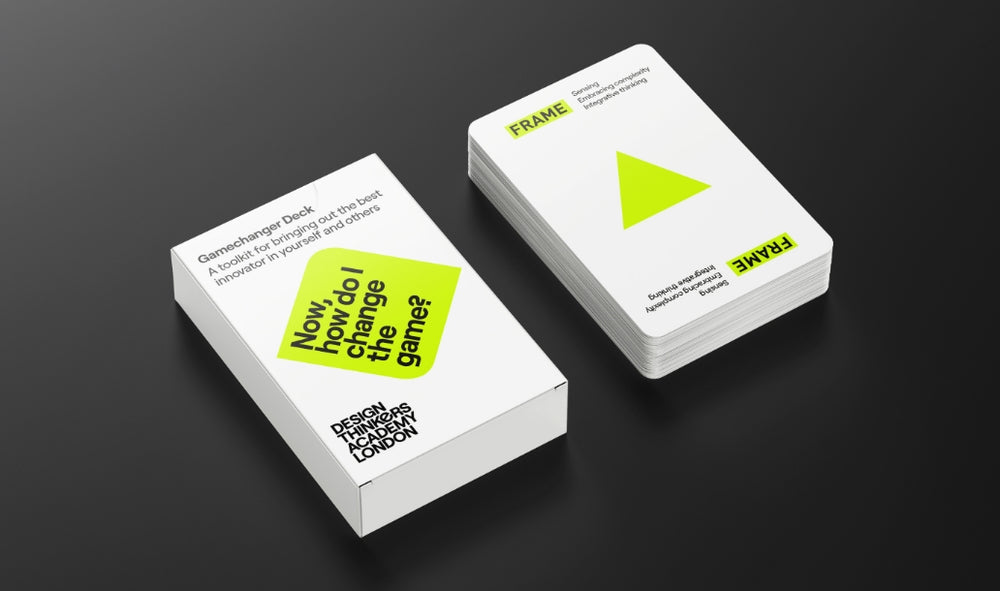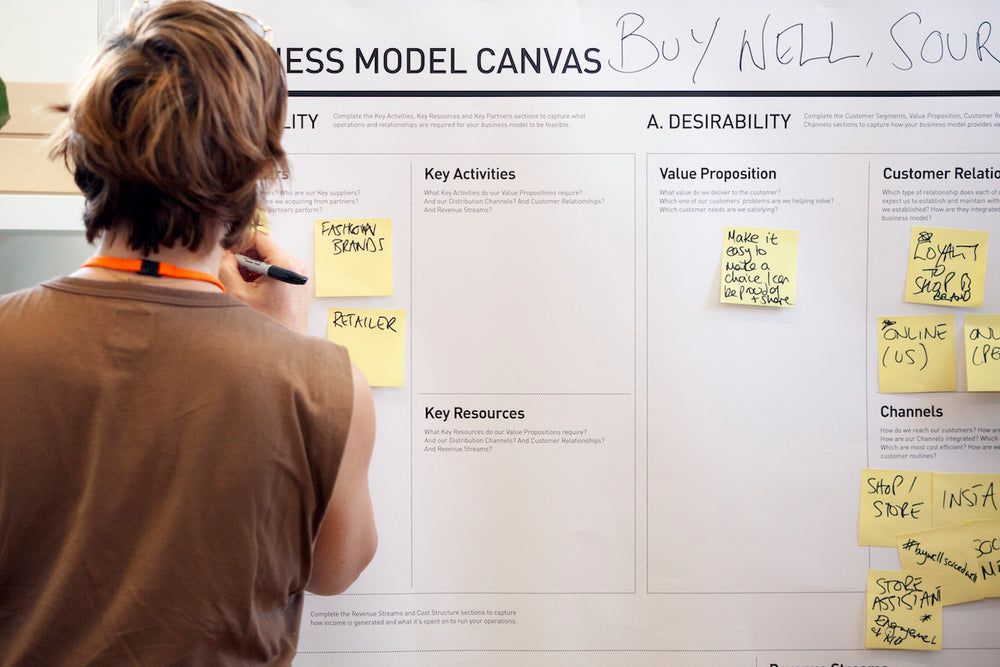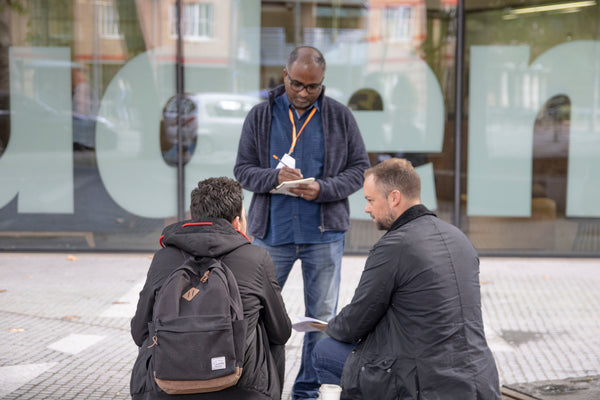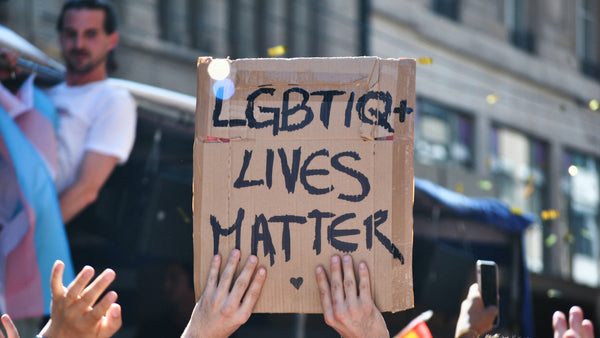How can we encourage creative thinking when arts and culture are systematically being removed from the education system? Recruiter and business adviser, Madelaine Cooper, discusses the importance of adding disciplines that promote creativity to the school curriculum to ensure that future leaders will be able to think independently. She looks at the BRIT school to find out more.
If we believe that creative thinking is a key contributor to the success of our world for the future, I think that it’s time to feel worried. This nation of eccentrics, well-educated mavericks and what might once have been described as art school dropouts has turned out some astonishingly successful creative thinkers who’ve made themselves, the people who work for them and the tax man a great deal of money.
Most haven’t followed the hierarchical routes to corporate success. I’m talking about the British man who came up with a design plan for a company that became a benchmark of corporate clear-headedness and quite possibly re-defined our social behaviours as a result (that’s Jonny Ive at Apple). The woman who makes clothes for women and has gone on to lead a worldwide business with a value of many millions (Stella McCartney). People like that.
There are many, many of them leading and contributing to companies large and small in a way that is innovative, fresh-thinking, rule-breaking and profitable. They’re coming up with new ways of doing, behaving, interacting with technology, with art and music and ways of seeing the world. And the refreshing thing is that their creative thinking probably has very little to do with how well they did in their GCSEs.
But the innovators of the future may find it harder to realise their innovative thinking as they find themselves squeezed towards a more check-list driven educational system where creativity is regarded as an after-school-extra rather than as a core element of the curriculum. Where studying music, drama and art are all made very hard to do as the education system makes cut after cut to the teaching infrastructure that supports teachers in those disciplines and provides the specialist equipment and facilities that are needed. Let alone the fact that these subjects are increasingly regarded as twilight subjects, not for the mainstream of the school curriculum.
Let’s take an exemplar of a school where creative thinking, the value of the individual and giving time to every student to develop their skill are at the very core of its being: The BRIT School in Croydon near London. Alumni do include some of the great and good of the performing arts world: Adele, Jessie J, Tom Holland (the new Spiderman), Kate Tempest, actress Cush Jumbo, music rising stars Rex Orange County and Loyle Carner.
But just as important are the graduates who are trusted and sought-after theatre technicians, talented and professional dancers, actors and musicians and clever, bright and world-ready entrepreneurs and creative thinkers who are going to rock the business world in the future.
It’s a free education at The BRIT School and pretty much the whole world agrees that the place contributes in a very positive way to the bottom line of the country’s trade balance and reputation. It’s hugely successful and oversubscribed, but it’s only one school of this ilk in the whole country. And it’s welcoming corporate support to make sure that it remains special and continues to provide industry-ready young people who also have a great academic education.

So, given that not every bright young innovator and creator can go to The BRIT School, where are all of our future creative thinkers going to come from? Can they really navigate their way through an education system which doesn’t prepare their brains for innovative and independent creative thinking? Can they battle against a system which puts creativity at the very bottom of the education hierarchy and be prepared for years of being overlooked, undervalued and under-resourced in the mainstream educational system of the UK? Will they be able to survive all of that and come out at the end of it all and be professionally ready to get into the needy business world of the UK and beyond where they can make a difference?
Smart corporate thinking might do well to be investing in the creative education of the next few cohorts of young people. Those young creative thinkers are their future lifeblood and indeed the country’s future lifeblood and it’s these people who will be amongst those making a real difference to the way that we look, behave, what we buy, dance to, listen to and interact with. And those are the things that make us successful.
We need to consider the return on investment in the creative industries and encourage Corporate Social Responsibility (CSR) policies and sponsorship programmes which support creative education. Otherwise, we could turn around in a few years’ time and wonder why we don’t have any clever creative thinkers in our organisations, why the UK isn’t producing world leading designers, actors, musicians, games designers, film makers and tech entrepreneurs. I
n fact, we might wonder not only where our “cool” has gone but also why we’re way down there in the league tables of countries who just don’t lead the world in clever thinking anymore.
